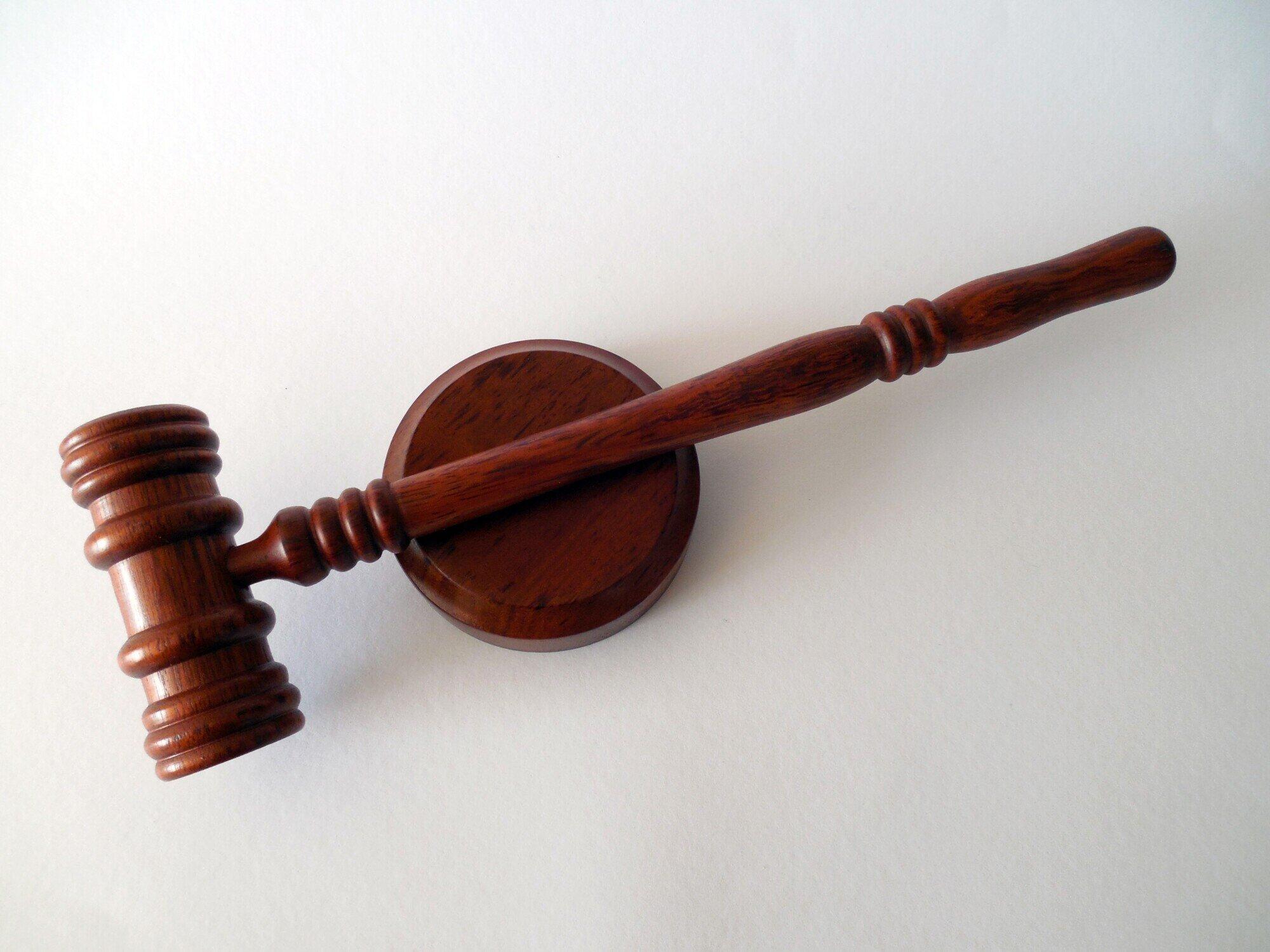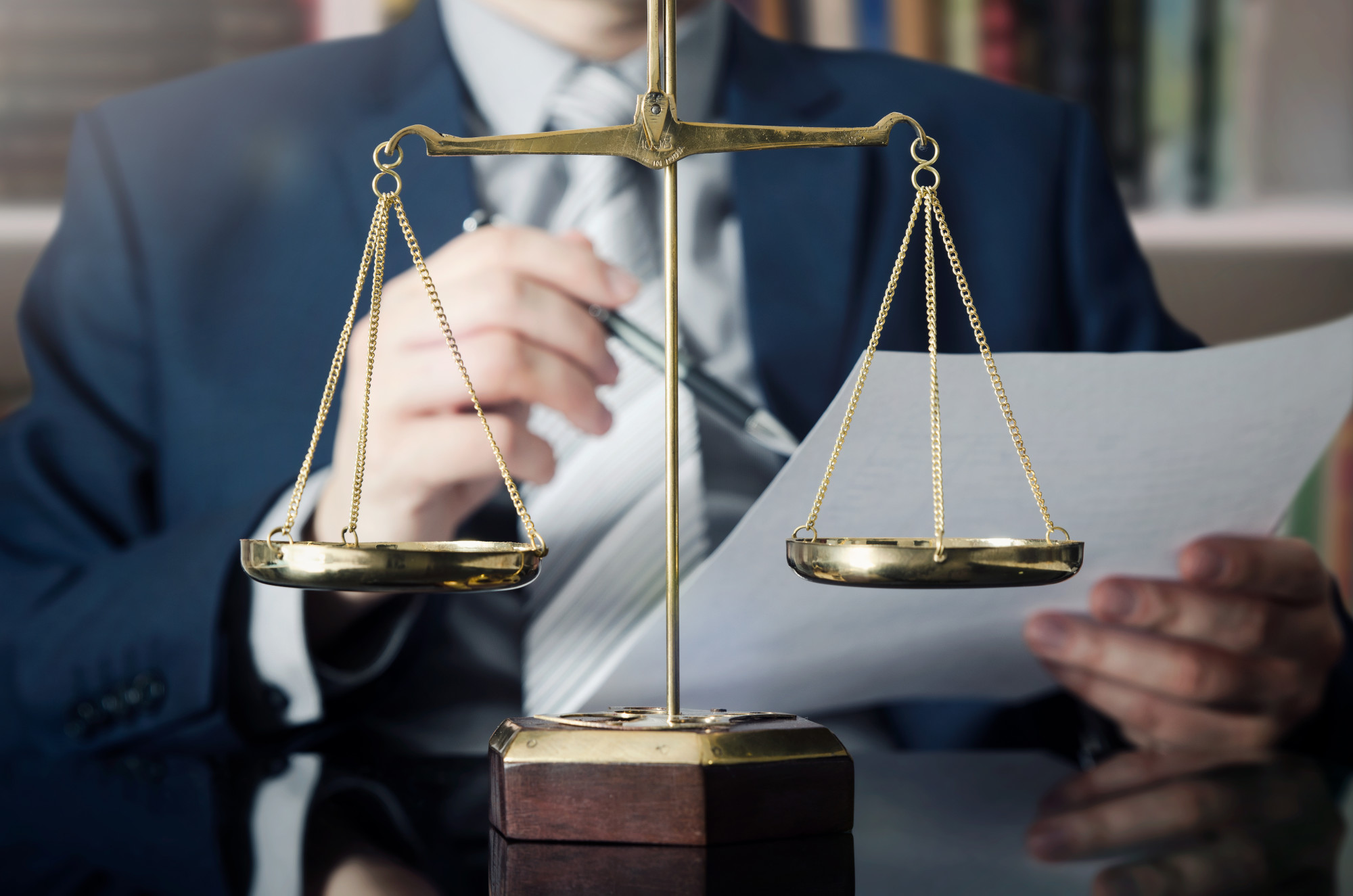Being involved in a car crash can be a frightening and overwhelming experience. In the aftermath of such an event, it’s crucial to know the necessary steps to take to protect yourself, your passengers, and your legal rights. From ensuring everyone’s safety to documenting the incident, these nine important steps will guide you through the post-crash process, helping you handle the situation with confidence and diligence.
Step 1: Prioritize Safety
The first and foremost concern after a car crash is the safety of all individuals involved. Check for injuries and immediately call emergency services if medical attention is required. If possible, move your vehicle to a safe location away from traffic, and turn on hazard lights to alert other drivers. Always prioritize safety, and remember to remain calm and composed during this critical time.
Step 2: Document the Scene
Preserving evidence of the car crash is vital for insurance purposes and any potential legal proceedings. Take photographs of the accident scene from different angles, capturing the position of the vehicles, property damage, and any road signs or signals that may be relevant. These images can serve as valuable evidence to support your version of events.
Step 3: Notify Authorities and File a Police Report
Even if the accident appears minor, it is crucial to contact local law enforcement and file a police report. A police report is the official documentation of the crash and can be instrumental in determining fault and liability during insurance claims.
Provide the police with an accurate account of the incident and cooperate fully with their investigation. Additionally, exchange contact information with the other parties involved in the accident and gather contact details of any witnesses present at the scene. These details can be essential for insurance purposes and potential legal proceedings.
Step 4: Seek Legal Advice from an Attorney
If the car crash resulted in serious injuries or significant property damage, or there are disputes over fault, it is advisable to seek legal advice from an experienced car accident attorney. An expert attorney for car accidents can guide you through the complex legal process, help you understand your rights, and advocate for fair compensation for your injuries and damages. They will work on your behalf to negotiate with insurance companies and represent your interests in court, if necessary.
Step 5: Preserve Evidence of Injuries and Damages
If you sustained injuries in a car crash, it’s essential to document them for medical and legal purposes. Seek medical attention immediately, even if your injuries seem minor at first. Some injuries may not be immediately apparent, and a medical evaluation can identify and treat any underlying issues. Keep copies of medical records, bills, and receipts related to your injuries and treatment. Also, document any property damage to your vehicle and personal belongings as a result of the accident.
Step 6: Exchange Information
Once the immediate safety concerns are addressed, it’s crucial to exchange information with the other driver(s) involved in the crash. Obtain their name, contact number, address, driver’s license number, and insurance information. Provide your details as well, ensuring accurate and complete information is exchanged to facilitate the insurance claim process.
Step 7: Notify Your Insurance Company
Report the car crash to your insurance company as soon as possible. Promptly notifying them helps expedite the claims process. Be honest and provide accurate details about the accident. Avoid admitting fault or making any definitive statements until you’ve had the chance to consult with an attorney, especially if liability is unclear.
Step 8: Communicate Cautiously with Others
Refrain from discussing the details of the accident on social media or with anyone other than your attorney, insurance company, or law enforcement. Statements made in public or online could be used against you during legal proceedings or insurance negotiations. Keep your communications focused on the necessary information and avoid speculating about fault or liability.
Step 9: Follow Medical Recommendations
If you received medical treatment after the car crash, it’s essential to follow your doctor’s advice and attend all recommended appointments. Adhering to your treatment plan shows that you are taking your injuries seriously and seeking proper care. It can also contribute to a smoother insurance claim process and support your case if legal action becomes necessary.
Conclusion
While a car crash can be a distressing event, knowing what to do afterward is essential for safeguarding your well-being and legal interests. By promptly following these nine crucial steps, you can ensure that you and your passengers receive the necessary medical attention, protect yourself from potential liability issues, and help authorities with accurate information for their investigation.
Remember, remaining calm and focused will greatly contribute to a smoother post-crash process, allowing you to move forward and recover from the incident more effectively.







